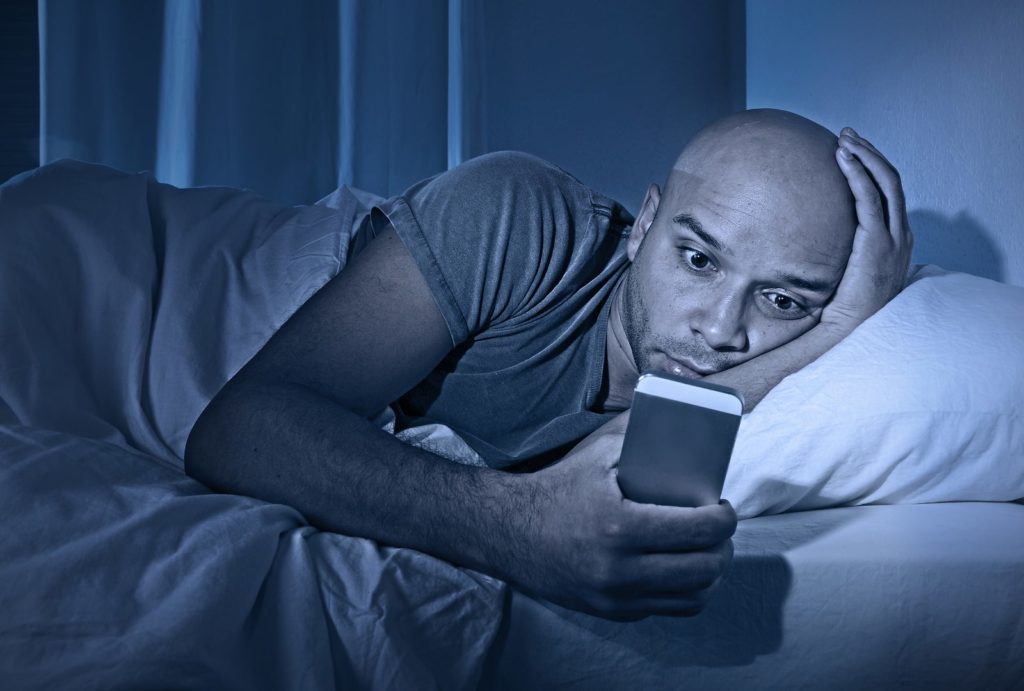What is insomnia?
Most of us have experienced trouble sleeping from time to time. But is it insomnia? And if it is, what can you do about it?

What is insomnia?
Insomnia is a sleep disorder characterised by difficulty falling asleep and/or staying asleep. You may have insomnia if you have one or more of the following symptoms:
- trouble falling asleep
- waking up often during the night and having difficulty getting back to sleep
- waking up too early in the morning
- feeling tired when you wake up
- feeling sleepy during the day
- feeling irritable
- problems with concentration or memory.
Insomnia can be acute (lasting only a few nights or weeks), or be chronic (at least three nights a week, for three months or longer). It can also come and go, with periods of time when you have no problems with your sleep.
What causes insomnia
A number of things can cause insomnia, including:
- significant stress (e.g. death of a loved one, divorce, change or loss of job)
- illness
- emotional upset
- environmental factors (e.g. noise, extreme temperatures)
- medications that interfere with sleep
- changes to your regular sleep routine (e.g. shift work, jet-lag)
- depression or anxiety
- pain
- poor sleep habits.
However, sometimes there may be no clear reason why you’re experiencing insomnia.
What can you do about it?
If you think you may have insomnia, paying attention to your sleep habits can help. This includes:
- going to bed and waking up at the same time each day
- avoiding daytime naps
- getting regular exercise to promote good sleep
- eating a healthy diet, and avoiding fatty foods before bed
- avoiding stimulants such as caffeine, nicotine and alcohol close to bedtime
- avoiding using electronic devices before bedtime
- following a routine to help you relax before bed
- ensuring your room will promote good sleep (e.g. right temperature, dark, quiet).
If you still have trouble sleeping, it’s wise to speak to your doctor, as sleep deprivation can impact your emotional and physical health.
Your doctor may be able to prescribe medication to help you with an underlying health condition that is causing your sleeplessness. If the problem is more emotional, you may benefit from speaking to a psychologist or a counsellor.
Should I take sleeping tablets?
While sleeping tablets may help in the short-term, it’s important that you only take them on your doctor’s advice and only for a short time. Relying on them to sleep well can be habit-forming, and over time they won’t work as effectively.
Sleep better with Bedguard
While we aren’t the experts in all things relating to insomnia, we are the experts when it comes to supportive, waterproof mattresses that can help promote a good nights’ sleep. If you think your bedroom could do with a good makeover to make sleeping easier, why not pop into our showroom and have a chat with one of our friendly staff.
We’re here to ensure that the mattress you’re sleeping on, is the right one for you.





